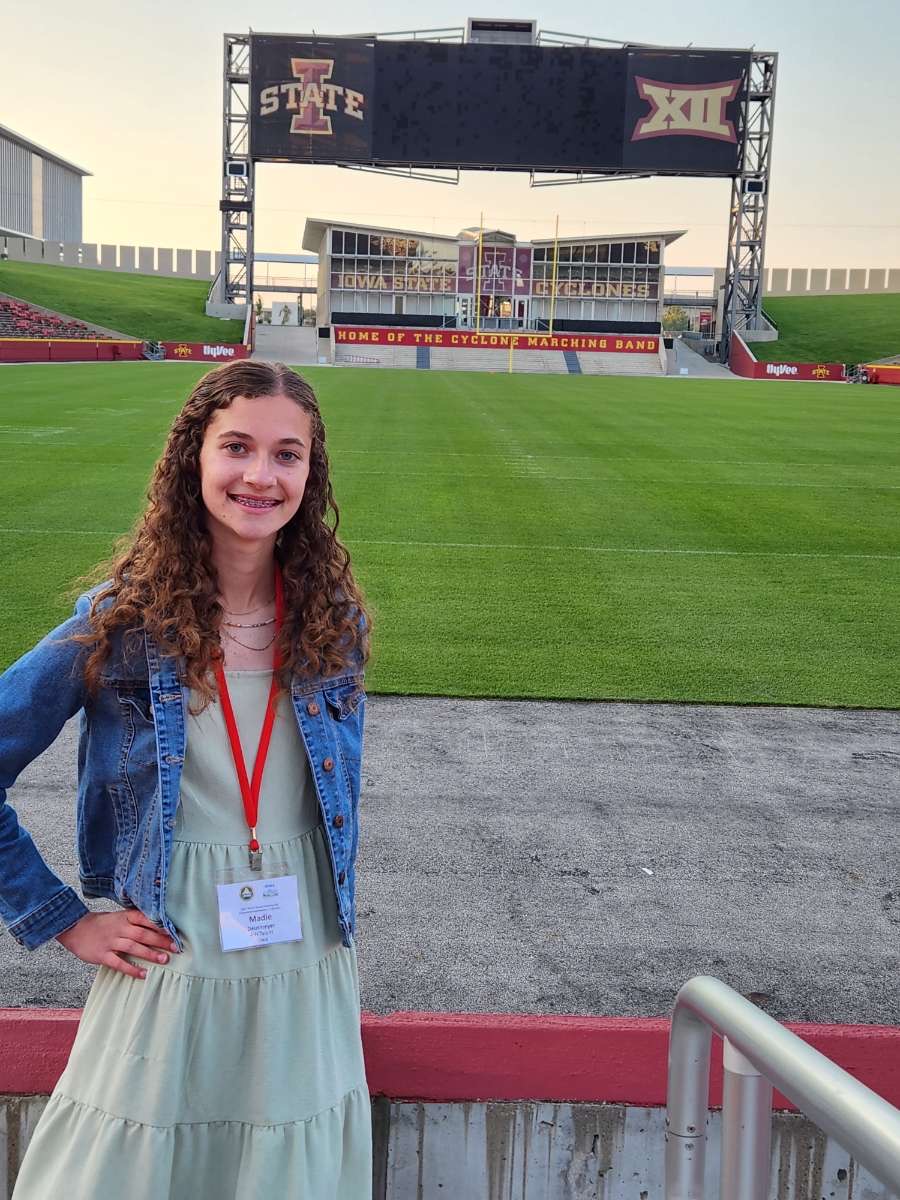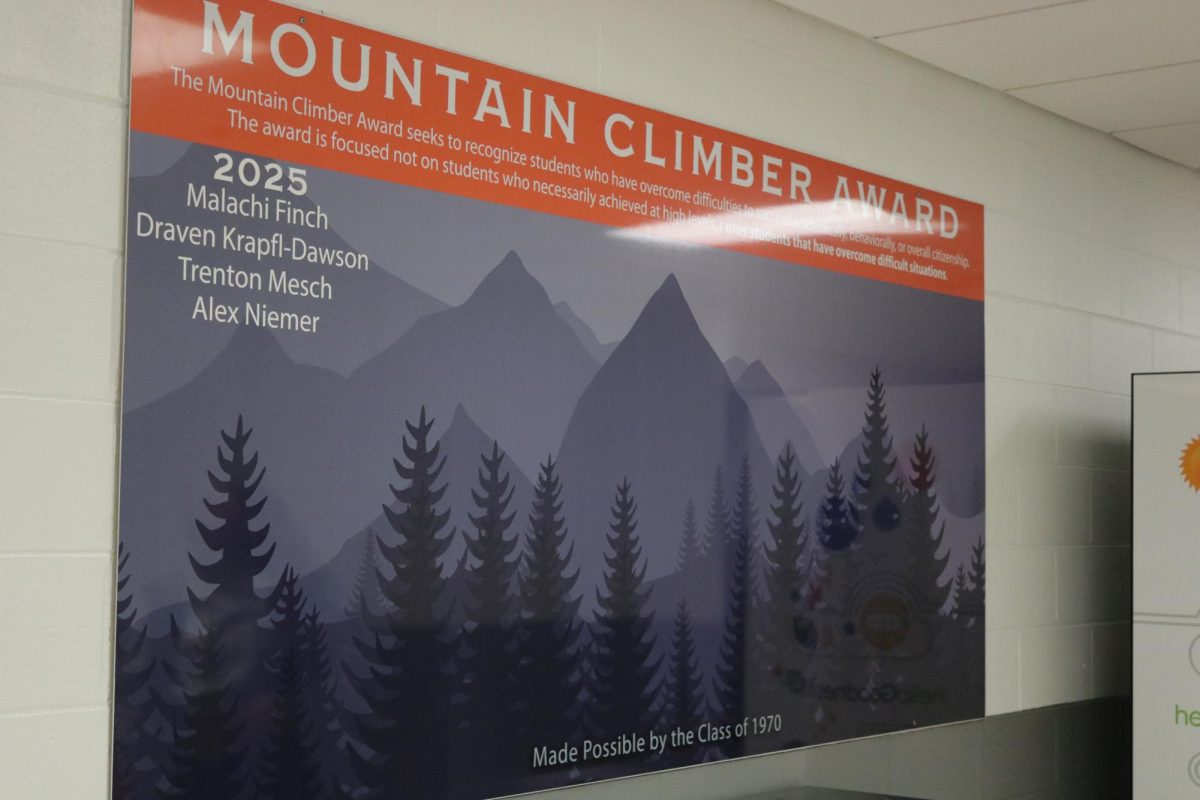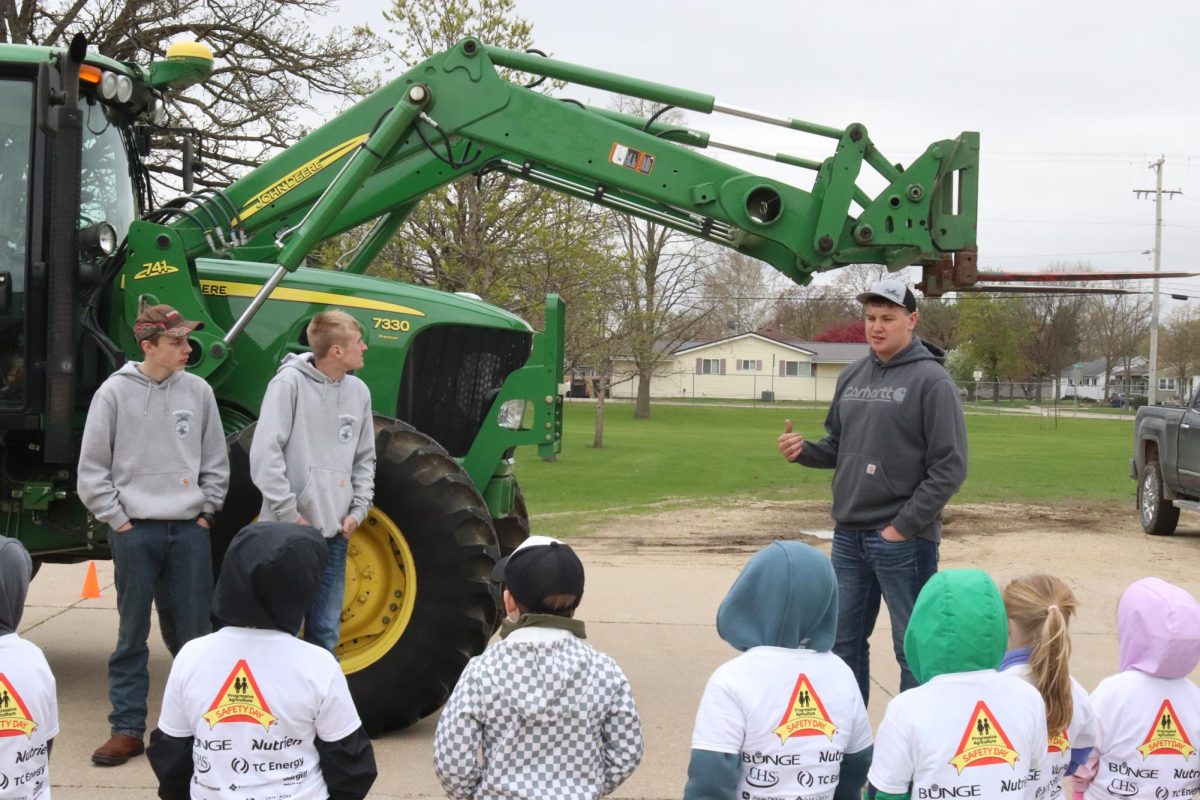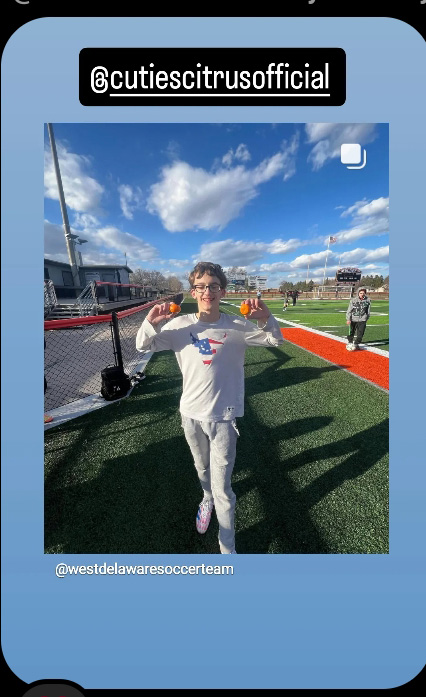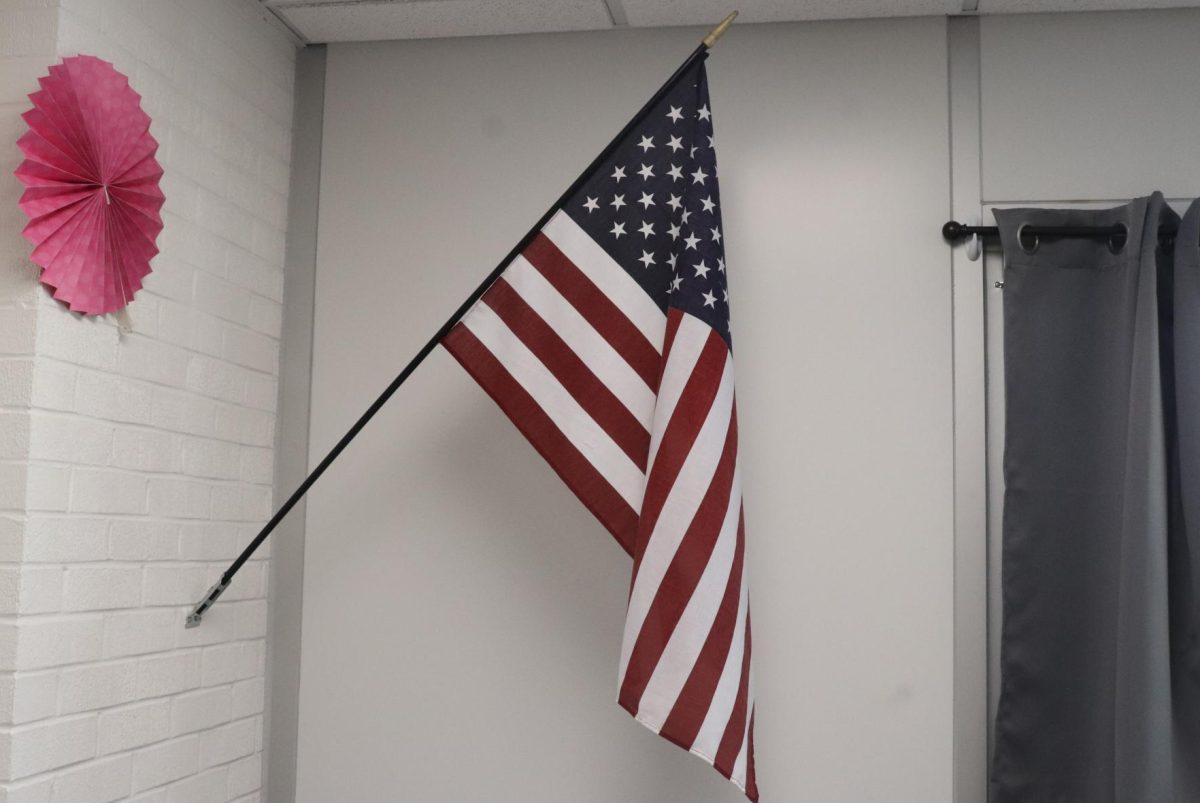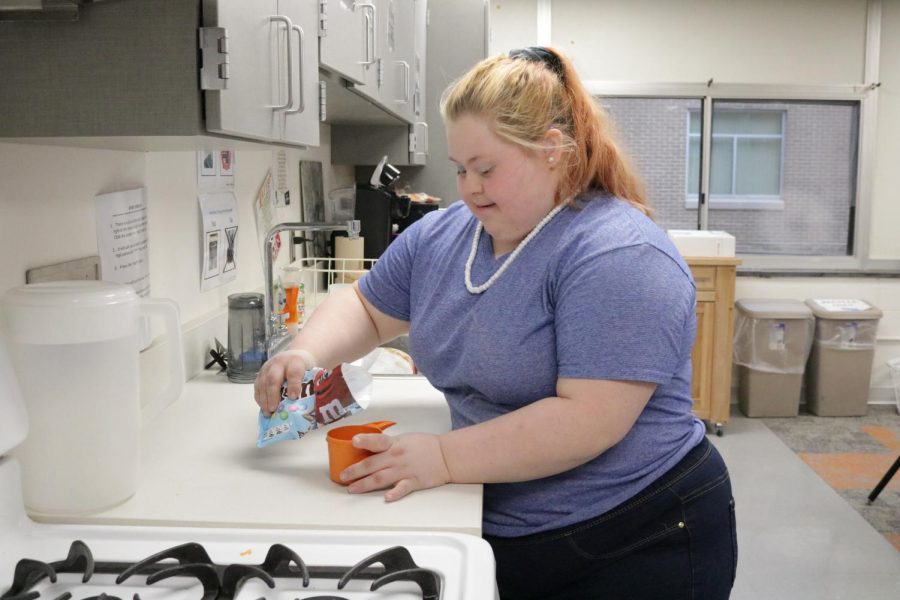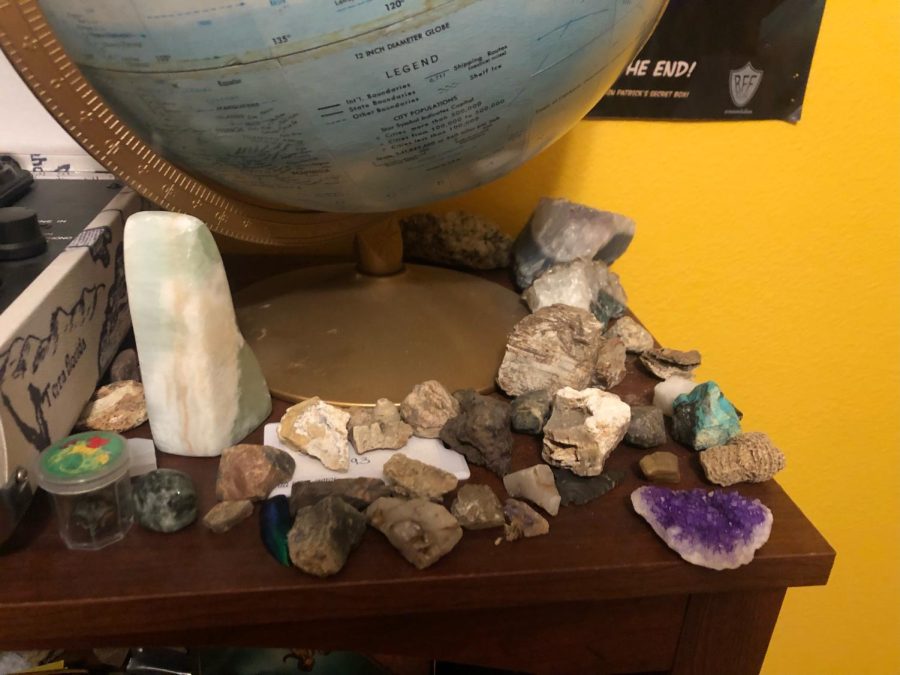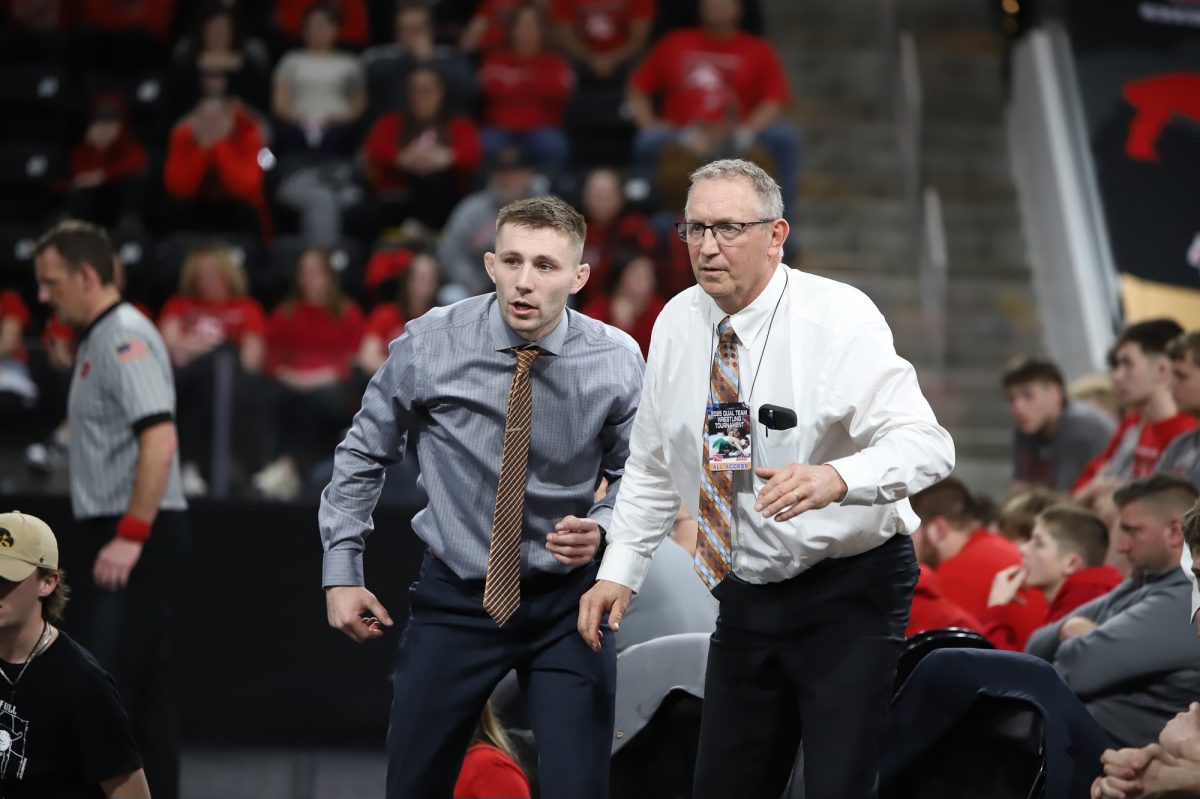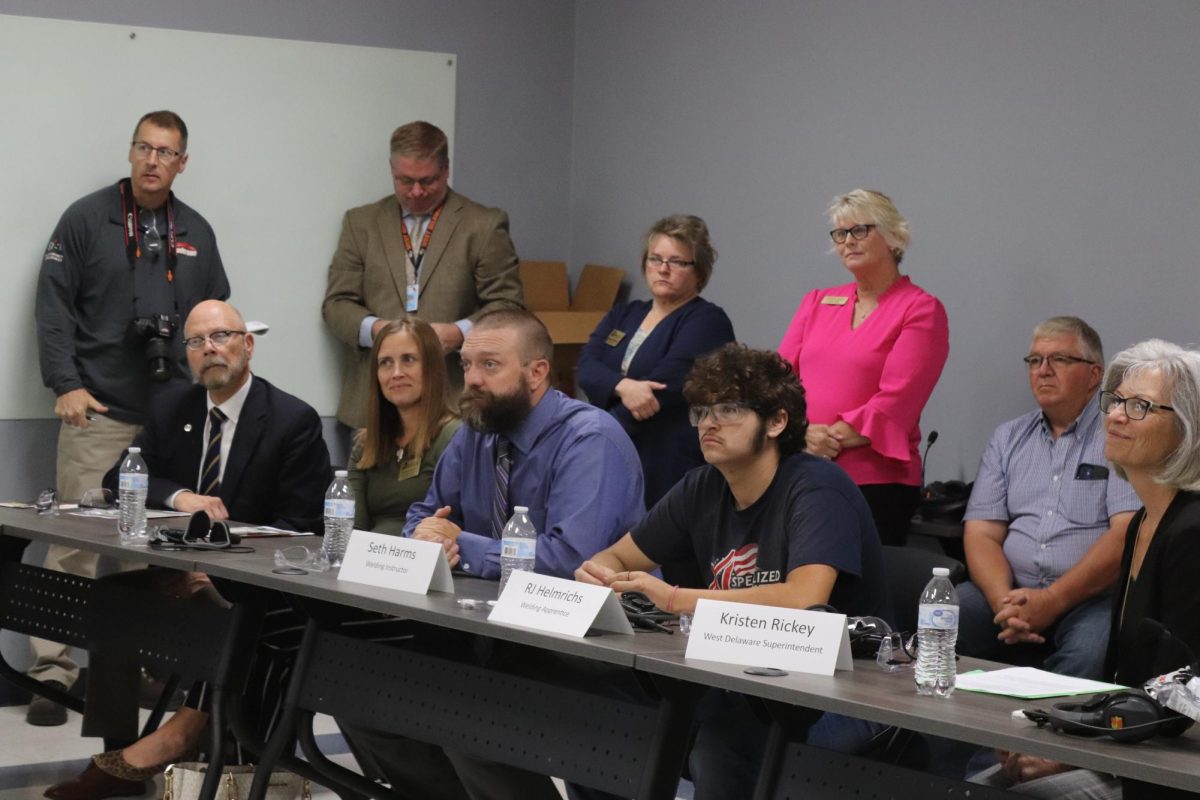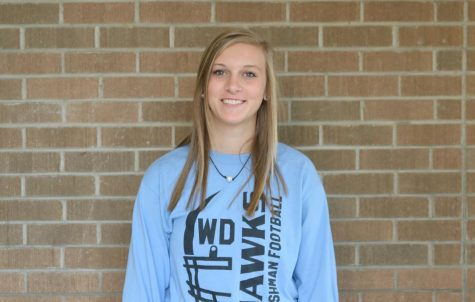Heck of a Harvest
As Jenna Philipp unloaded her wagon it sank into the muddy ground and spilt beans out the side.
January 30, 2020
Farmers in Iowa had one rough harvest season.
The dreadfully wet weather kept farmers out of the field. According to the National Weather Service in October, Dubuque received 6.89 inches of rain while the average is around 3 inches.
Farmers struggled to maneuver their heavy equipment in a saturated field without getting stuck. “After one of our wagons got stuck, it took us two to three hours to get it out,” Jenna Philipp (10) said.
The muddy ground wasn’t the only problem holding farmers back. The crops were too wet and took a long time to dry in the grain dyer. “All the rain and snow made corn moisture high,” Olivia Hilby (10) said.
The dryers took longer and used more LP (liquid propane). Due to the large amount of LP used, farmers encountered a propane shortage. According to Adam Nylund, a driver for Three Rivers FS, LP prices went up to around $1.50 per gallon when they are normally around $1.36.
“The LP shortage held us up for about a week, but we were some of the first people to get LP,” Hilby said.
Some fields were completely under water, which decreased yields.
Farmers also had to deal with equipment breaking. “Getting new parts takes a while, which kept us out of the fields during that period of time,” Hilby said.
Farmers also encountered co-op or elevator delays. “If the (elevator) dryer and bins were full, we would have to stop picking for a while, or we would have to find another place to take it,” Philipp said.
If the field was not too wet, the tractors were able to access the fields and start picking. However, the semis were forced to load on the road, which sometimes caused traffic problems. “If we were beside a gravel road, we usually unloaded on the road, but if we were on pavement we made sure we were on top of a hill to stay clear of traffic,” Philipp said.
After all the hardships faced, farmers have finally gotten out of the field till planting season. “When we finally got done, I felt very relieved,” HiIlby said.





